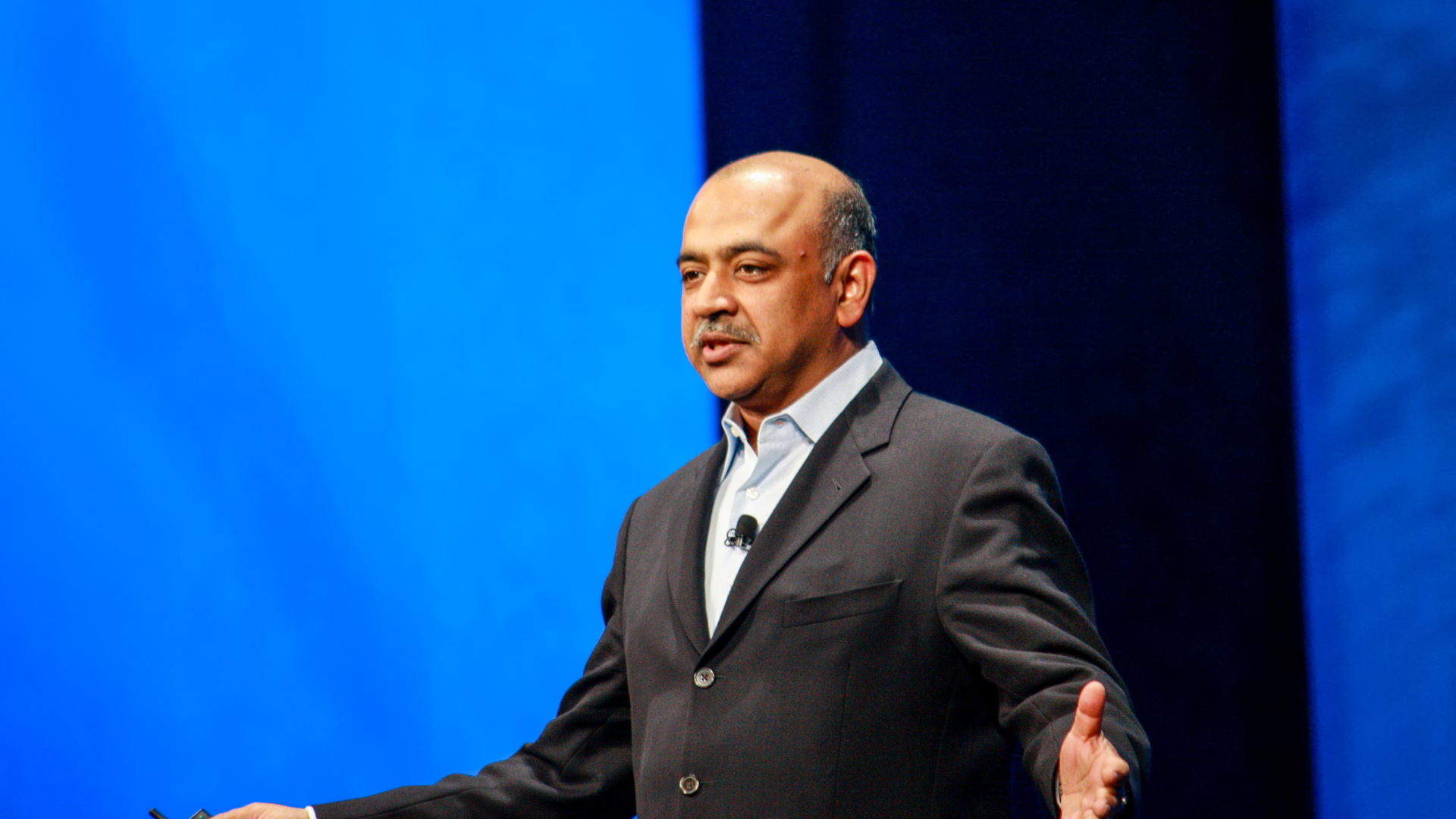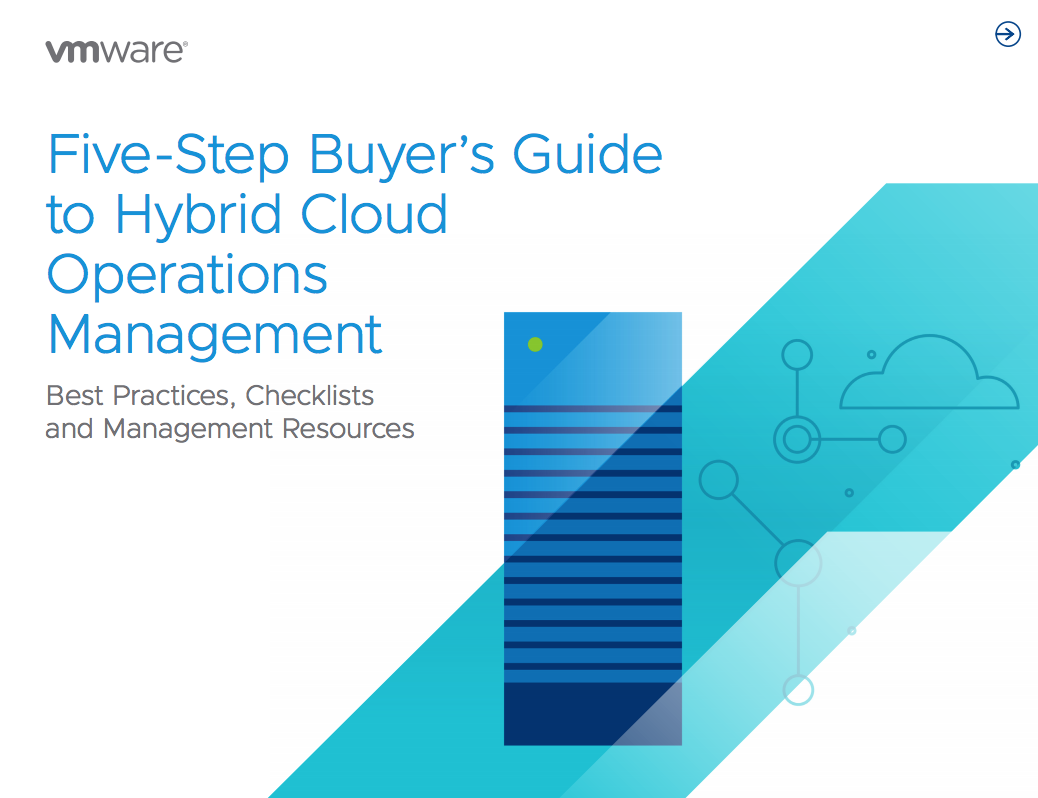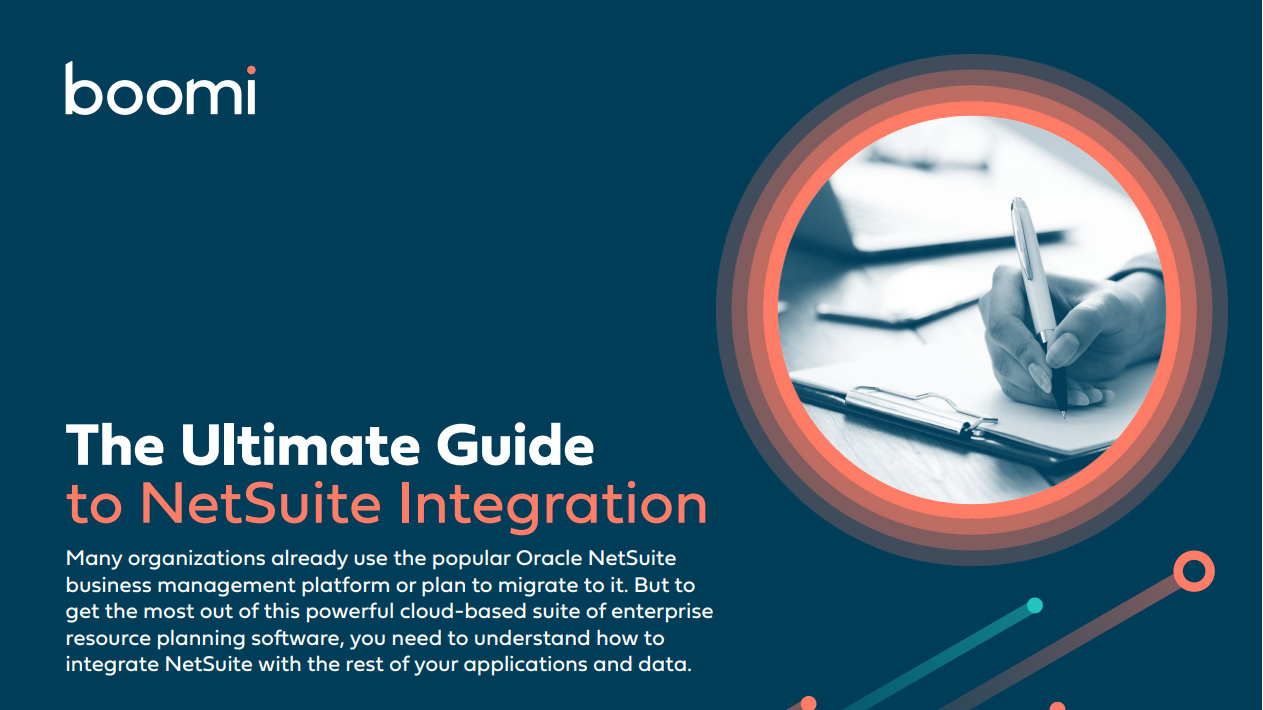IBM to spin off infrastructure business as it goes all in on cloud
The deal is expected to close by the end of 2021


Sign up today and you will receive a free copy of our Future Focus 2025 report - the leading guidance on AI, cybersecurity and other IT challenges as per 700+ senior executives
You are now subscribed
Your newsletter sign-up was successful
IBM has said it plans to split its business in half by spinning off its infrastructure services unit into a separate public company, bringing to an end a strategy that saw it attempt to shift towards cloud growth while maintaining a foothold in its legacy business.
The aim is to create two separate companies, each with its own strategic focus, in a tax-free deal expected to be completed by the end of 2021.
Announcing plans to create the yet unnamed company, IBM CEO Arvind Krishna said that “now is the right time to create two market-leading companies focused on what they do best”.
“NewCo will have greater agility to design, run and modernize the infrastructure of the world's most important organizations. Both companies will be on an improved growth trajectory with greater ability to partner and capture new opportunities – creating value for clients and shareholders,” he added.
Commenting on the announcement, IBM executive chairman Ginni Rometty said that the company’s managed infrastructure services business “has established itself as the industry leader, with unrivaled expertise in complex and mission-critical infrastructure work”.
“As two independent companies, IBM and NewCo will capitalize on their respective strengths,” she said, adding that the NewCo “will accelerate clients' infrastructure modernization efforts”.
Meanwhile, IBM is to focus entirely on its AI capabilities and the hybrid cloud, which Krishna described as a $1 trillion opportunity.
Sign up today and you will receive a free copy of our Future Focus 2025 report - the leading guidance on AI, cybersecurity and other IT challenges as per 700+ senior executives
However, IBM Systems, its mainframe division, will remain part of IBM, where the company will "continue to drive the innovation in hardware that enterprises rely on for their most mission-critical computing needs".
The company announced that it will accelerate its hybrid cloud growth strategy in order to streamline its clients’ digital transformation processes.
Rometty said that IBM has been set “for the new era of hybrid cloud” and credited the company’ acceleration of its open hybrid cloud platform to its acquisition of Red Hat, which was snapped up by for approximately $34 billion in 2018.
IBM's open hybrid cloud platform architecture had been based on RedHat containerization software OpenShift.
RELATED RESOURCE

Five-step buyer’s guide to hybrid cloud operations management
Best practices, checklists, and management resources
Last month, Red Hat and IBM co-launched a one-stop-shop marketplace for customers seeking to run OpenShift enterprise applications on their hybrid cloud infrastructures. The marketplace aims to deliver an ecosystem of software from independent vendors so enterprise customers can easily deploy new tools on their hybrid cloud infrastructures. Red Hat Marketplace offers a broad catalogue of more than 50 open-source software, from vendors such as CognitiveScale, MongoDB and StorageOS.
IBM said it expected to hit revenues of $17.6 billion, in line with estimates, in a separate earnings statement issued on Thursday.
Having only graduated from City University in 2019, Sabina has already demonstrated her abilities as a keen writer and effective journalist. Currently a content writer for Drapers, Sabina spent a number of years writing for ITPro, specialising in networking and telecommunications, as well as charting the efforts of technology companies to improve their inclusion and diversity strategies, a topic close to her heart.
Sabina has also held a number of editorial roles at Harper's Bazaar, Cube Collective, and HighClouds.
-
 Anthropic promises ‘Opus-level’ reasoning with new Claude Sonnet 4.6 model
Anthropic promises ‘Opus-level’ reasoning with new Claude Sonnet 4.6 modelNews The latest addition to the Claude family is explicitly intended to power AI agents, with pricing and capabilities designed to attract enterprise attention
-
 Researchers call on password managers to beef up defenses
Researchers call on password managers to beef up defensesNews Analysts at ETH Zurich called for cryptographic standard improvements after a host of password managers were found lacking
-
 The right workload in the right cloud: Your cloud. Your terms.
The right workload in the right cloud: Your cloud. Your terms.Whitepaper Looking to get more from your cloud experience?
-
 The ultimate guide to Netsuite integration
The ultimate guide to Netsuite integrationwhitepaper Download this eBook and get the most out of this powerful cloud-based suite of ERP software
-
 The ultimate guide to Salesforce integration
The ultimate guide to Salesforce integrationwhitepaper Quickly connect Salesforce to drive efficiencies and insights
-
 How to reduce your company's software costs
How to reduce your company's software costsIn-depth Budgets are shrinking, so how can you reduce your company's software costs without sacrificing functionality?
-
 Getting started with the quantum cloud
Getting started with the quantum cloudIn-depth As the era of quantum computing edges closer, will the quantum cloud become how businesses harness their power?
-
 Hewlett Packard Enterprise names Matt Harris as new UK managing director
Hewlett Packard Enterprise names Matt Harris as new UK managing directorNews The longtime contributor takes the place of Marc Waters, who will stay with HPE as a senior vice president
-
 Your key to digital differentiation and competence
Your key to digital differentiation and competenceWhitepaper Database services fit for app modernisation, cloud-native innovation, and data-driven strategies
-
 IBM offers enhanced SAP cloud migration service
IBM offers enhanced SAP cloud migration serviceNews IBM is now a premium partner for SAP's Rise migration program
